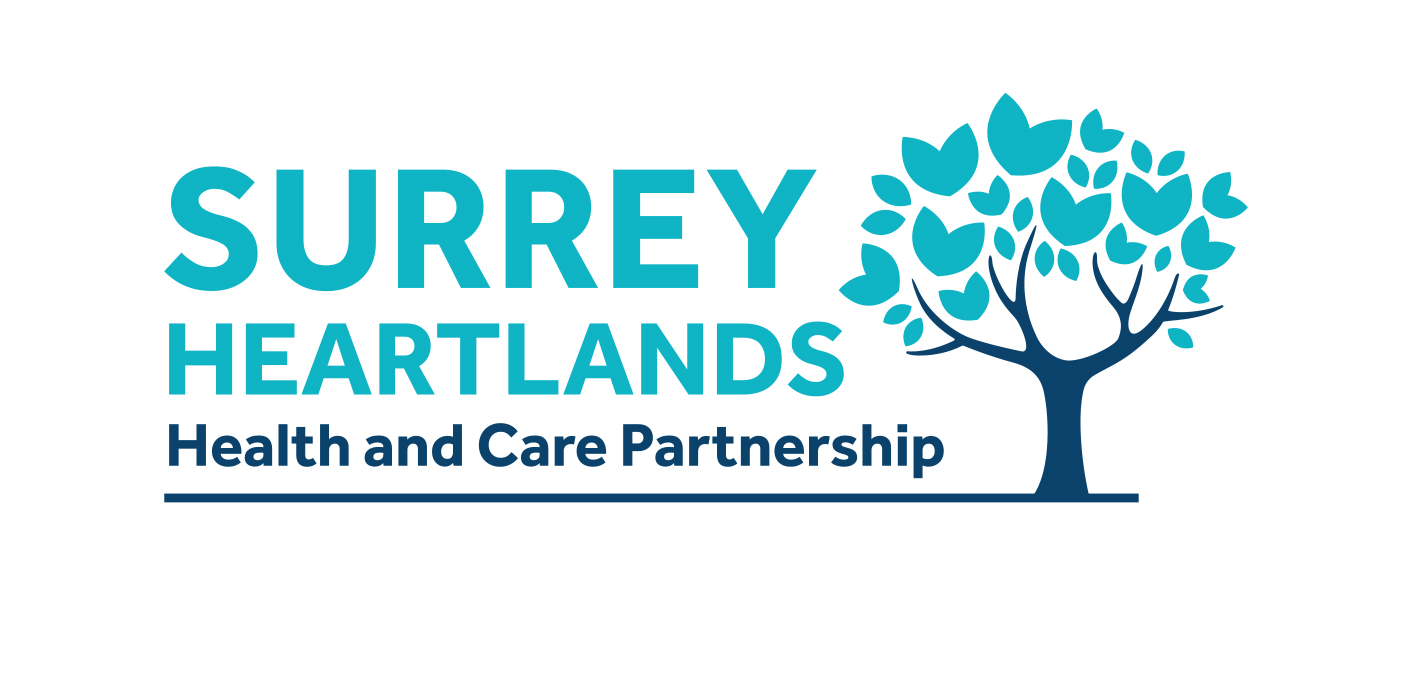Creation of formal health and care partnerships across the country

On 1st July changes come into effect nationally that create formal health and care partnerships – known as Integrated Care Systems - to coordinate and plan services across local areas. This allows organisations to come together and work collectively to improve the lives of people in their area.
Surrey Heartlands Chief Executive Professor Claire Fuller explains: “In Surrey Heartlands local health and care organisations, including Surrey County Council, have been working in this way for some time. What changes today – through the Health and Care Act – is that these informal partnerships are being put onto a statutory footing with real decision-making powers. Previously, any decision we might have wanted to make as a collective would have to be made independently by each organisation within our informal partnership. That makes decision-making clunky at best and is not in patients’ best interests.”
By working as a partnership and bringing together a range of organisations – including the NHS, local government, social care providers, hospices, social enterprise and community, voluntary and faith sector partners – each Integrated Care System can also focus on the wider causes of poor health, things like pollution, poverty, housing and education.
Claire continues: “We know that medical care alone will only ever impact about 20% of someone’s health and wellbeing; the rest – known as the wider determinants of health – is influenced by factors such as education, housing, employment the environment and personal characteristics such as race. Only by working collectively – for example with local government colleagues, the community and voluntary sector – will we ever be able to make that shift to tackling the root causes of poor health. That’s why putting these partnerships onto a formal footing is so important.”
Through today’s change, previous Clinical Commissioning Groups (the local NHS bodies with responsibility for buying and planning services) transition to become ‘Integrated Care Boards’. One of the big differences is that the new decision-making board is made up of a variety of partners from across the system, with overall responsibility for how health and care is planned, paid for and delivered. Each Integrated Care Board will develop a five-year plan for meeting the health needs of the population, managing the NHS budget and arranging for the provision of health services in their area.
Chair of the new NHS Surrey Heartlands (Integrated Care Board) Ian Smith explains: “As a new Board we have an ambitious plan to improve health outcomes for local people. There are challenges ahead - coming out of the pandemic, recovering waiting lists for patients, and managing resources in today’s financially constrained environment – and we will need to think more creatively about how we manage and transform services in the years ahead; how we work as a partnership, and collaboratively with local people, will be critical to our success.”
Under the new arrangements, broader partners will come together in the form of a statutory committee known as the Surrey Heartlands Integrated Care Partnership (ICP).
Chair of the committee, Councillor Tim Oliver, Leader of Surrey County Council, explains more: “The ICP gives us the opportunity to build a shared strategy across our wider partnership, complementing the work of Surrey’s Health and Wellbeing Board, and championing improvements in the health and wellbeing of local people. A key part of this is supporting thriving and empowered communities at the most local level, working with people where they live in local neighbourhoods and across our four Place partnerships (which bring together partners to work across populations of between 250,000 and 300,000 people). And this is where I think we’ll see the biggest change as we work to deliver our vision on behalf of local people.”



